What Our Students Say
Did you know!
- Take advantage of our bespoke workshops and garages to gain practical experience in a professional environment. Visit our Facebook @EngineeringLCC.
- There are 2,239 jobs in the engineering technician, electrical engineering and engineering sector in Leeds, this means the sector has increased by 0.9% compared with 2018. (EMSI, 2019).
Course Information
Introduction
Take the first steps to becoming an electrician with this course. You will gain the practical skills and theoretical knowledge required by the electrical installation trade. You’ll acquire knowledge of electrical principles and installation. You’ll also ensure your health and safety knowledge is up-to-date before experiencing practical workshops in our bespoke facilities.
More about STEMOverview
Who is this course for?
If you’re in year 11 or 12 and are looking to take the next steps towards your career these courses are for you. Our vast selection of vocational courses span a range of subjects and combine academic study with practical skills. Study in industry standard facilities and use our industry links to prepare for progression.
Benefits and skills
Entry requirements
GCSEs graded between 9-4 including English, maths, (and ideally science).
Available apprenticeships and progression options
Progression may include a level 3 qualification, an apprenticeship, or relevant employment.
Employment Statistics
-
Electricians and electrical fitters
Average Salary£34,840
-
Vehicle technicians, mechanics and electricians
Average Salary£29,640
-
Assemblers (electrical and electronic products)
Average Salary£24,440



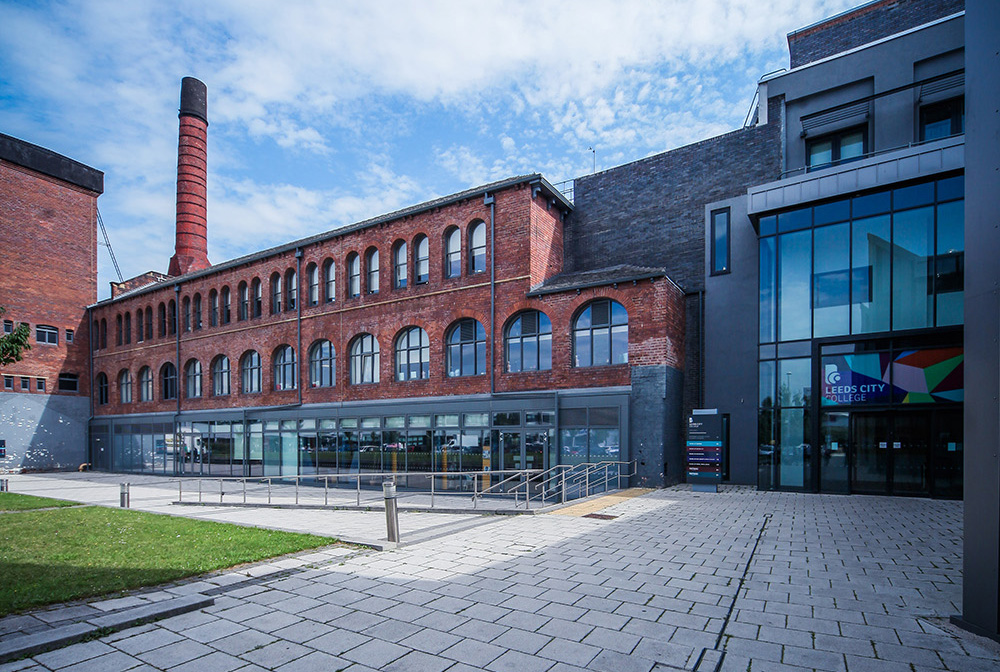
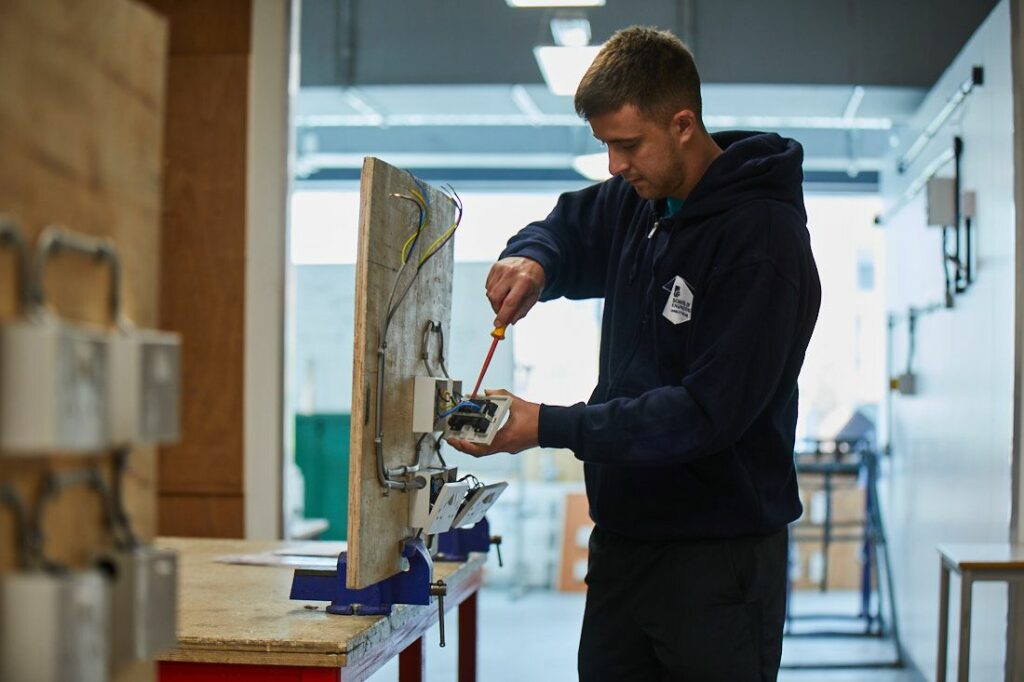
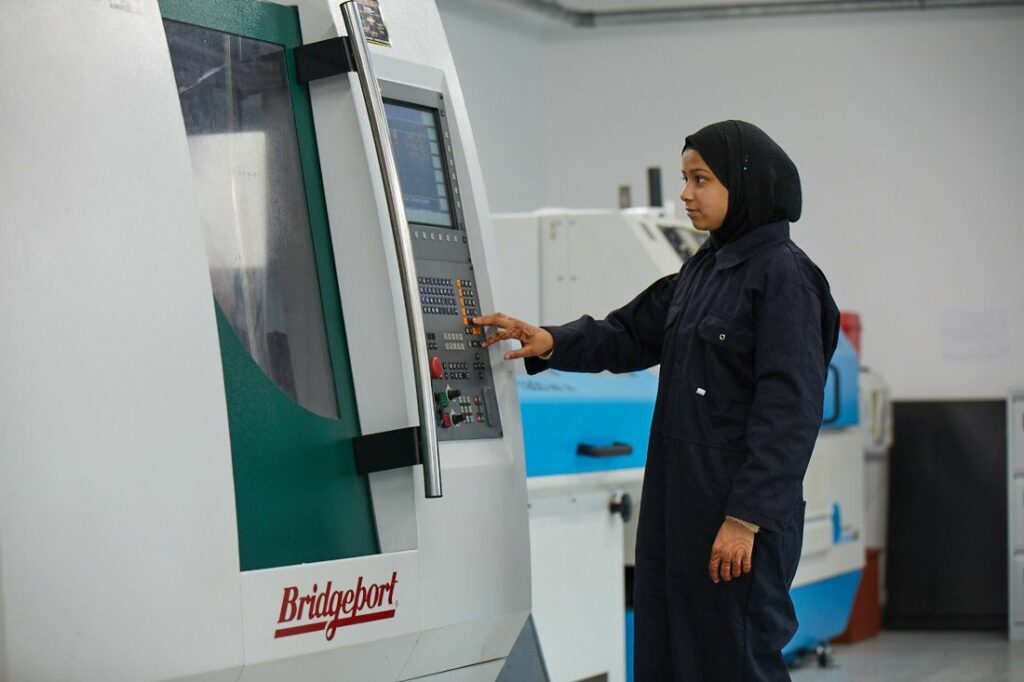
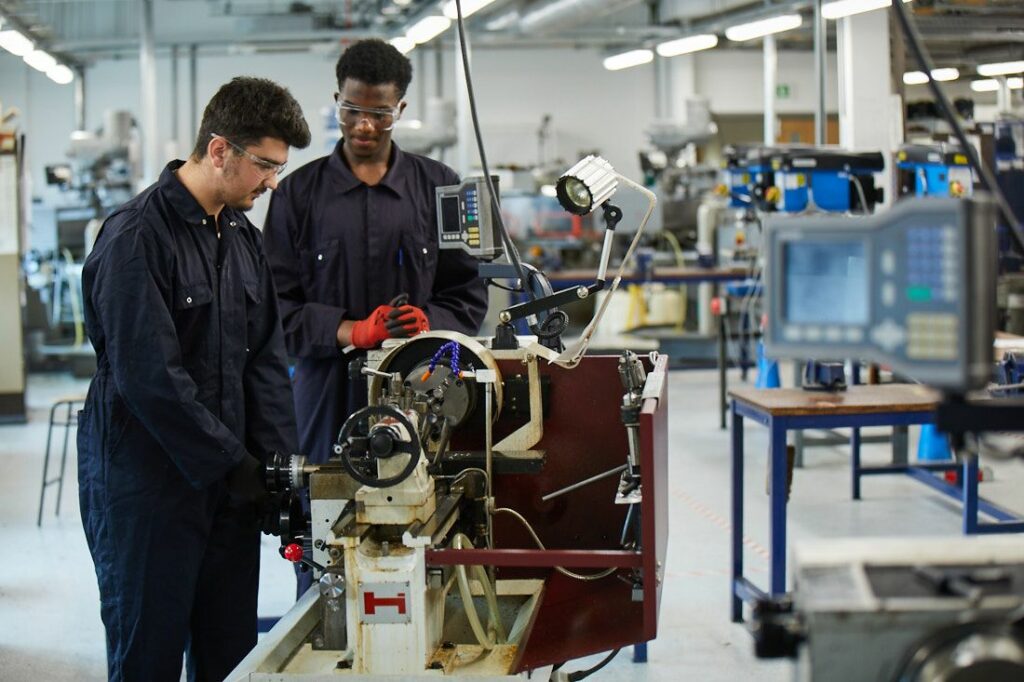
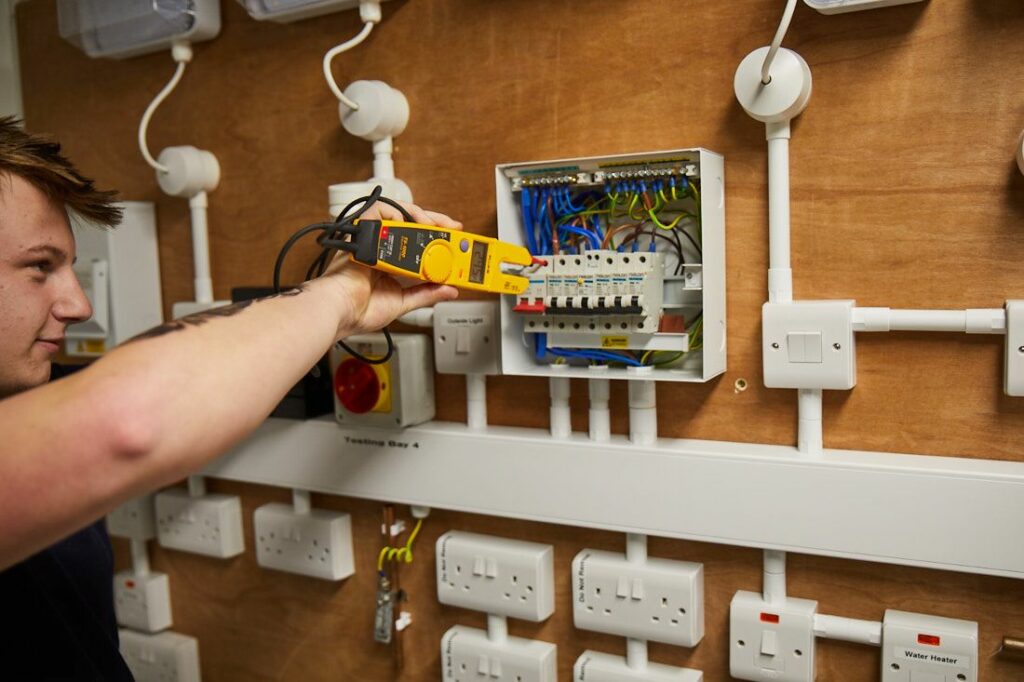
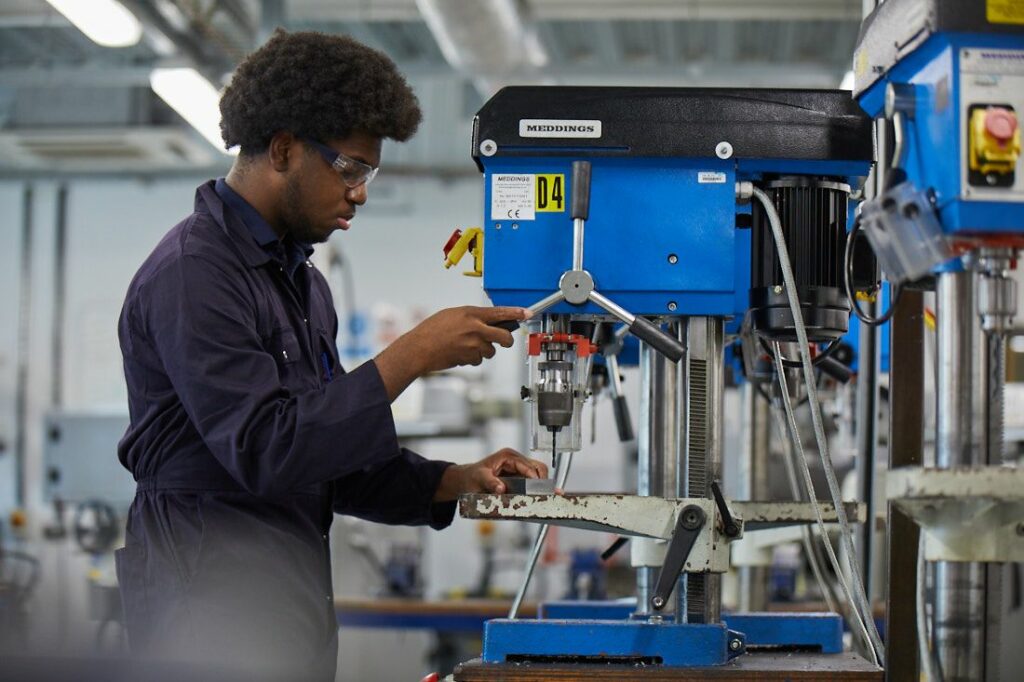
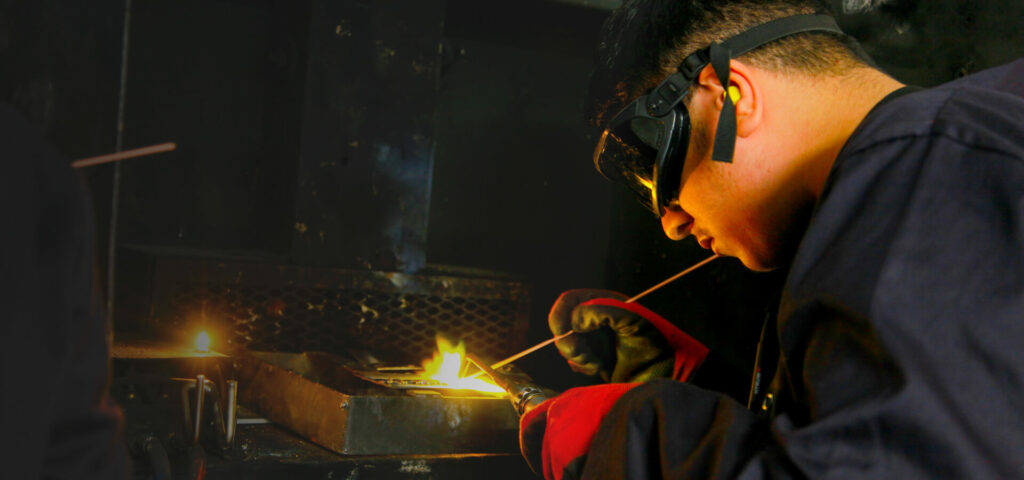
Follow us on Social Media